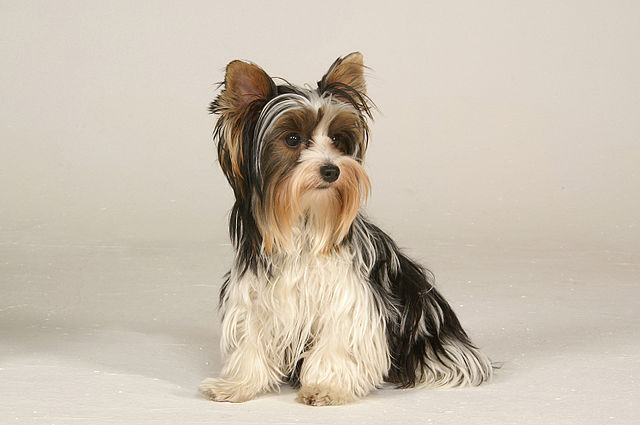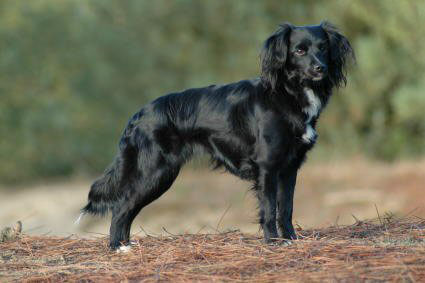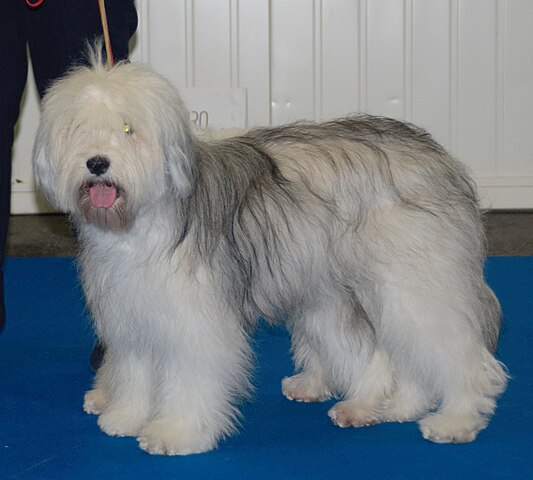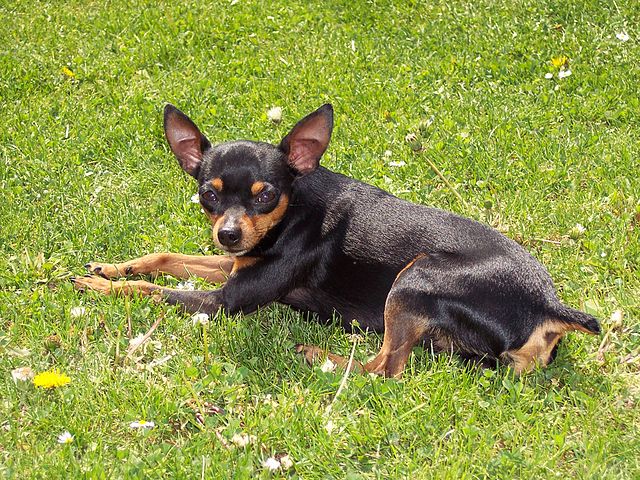The Biewer Terrier came about from the Yorkshire Terrier, and therefore they share many of the same traits (such as a light-hearted but mischievous nature). There is speculation as to whether or not the breed came about from a mutation or if there were other breeds involved in the making of these tiny dogs, but either way, Biewers are officially now a purebred dog and have wormed their way into the hearts of many! These German tri-colored toy dogs are still a rare breed so prospective owners should be prepared to wait to get a puppy.
The Biewer tends to be a long-lived breed (up to 15 years is fairly average) and doesn’t usually have too many health problems. When issues do arise, the most common problems are hypoglycemia, patellar luxation and collapsing tracheas. Make sure to buy only from a breeder that health-tests all breeding dogs. Because this is a rare breed, thankfully they don’t show up in puppy mills (and therefore pet stores) – but it is still highly recommended to question each breeder about their practices. Take note – there are a number of different registries for Biewers and not all of them share the same views on breeding practices. Do your research!
The long, flowing coat of the Biewer is the hallmark of the breed as well as being easy to groom… as long as the owner sets aside dedicated time to work with it regularly! To clarify, it is easy, however can be time-consuming. To start with, the single coat (compared to a thicker double coat in other breeds) should be washed and fully rinsed on a regular basis. Not only do baths need to be frequent but the coat should be brushed daily! There is minimal trimming involved, however it is recommended to trim the top third of the ears to keep the hair from weighing them down and ruining the prick eared appearance. As with all tiny dogs, special attention to tooth brushing is also important. When kept clean and groomed, the coat of the Biewer is truly a sight to behold – as well as being hypoallergenic and non-shedding!
Biewer Terriers are very playful dogs that enjoy romping with other dogs and children alike. While they are not extremely delicate, common sense should always be used when introducing these tiny dogs to overly large or boisterous dogs (or kids). Because many have no fear, they could easily put themselves in a dangerous position. This is an affectionate breed that is always up for fun but equally content with cuddles on the couch. They are not “one man only” dogs and will share their sweet, happy personalities with everyone in the family. They are loyal and devoted just as much as they are entertaining!
Biewers can make themselves at home in small apartments just as well as large ranch homes. They do not require very much exercise (in fact, they’re fairly mellow in the house) but do enjoy going out on walks and other excursions – especially if it means they might meet a new friend! These social dogs also enjoy stretching their muscles on hikes and walks, so don’t be afraid to take them out and let them explore the world with you!
Unlike some toy breeds, the Biewer Terrier should never be overly yappy although they will alert when someone comes to the door. Despite the “terrier” in their name, this breed does not have the scrappy terrier-type personality seen in some other toy terrier dogs. Although there is terrier in their background, the Biewer is a companion dog and was never expected to hunt down vermin. This is not to say that they are not able to, only that it was not a trait that was bred for and therefore they are “milder” in temperament than other toy terriers.
The Biewer Terrier is intelligent and can sometimes be seen in the agility ring. Although these little toys can take extra long to housebreak, they are easy to train in many other venues, most likely because they love being the center of attention! They don’t do well with overly harsh techniques and may shut down, but learn very quickly with plenty of fun and positive reinforcement!




